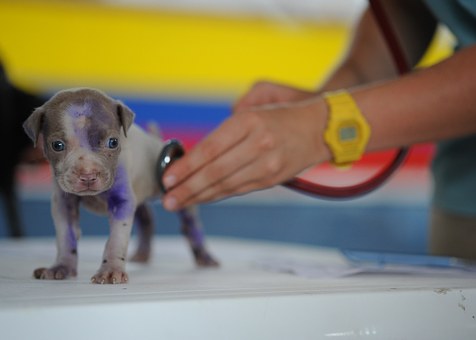
Veterinary Medicine
Veterinarians play a vital role in the healthcare of pets, livestock, zoo animals, and laboratory animals. They also protect humans against disease carried by animals and research human and animal health problems. Veterinarians take health histories of animals, perform exams, interpret tests, diagnose problems, prescribe medications, develop treatment plans, and perform surgeries. They may specialize their care in a number of different areas.
Apply in the spring as an incoming high school student to Purdue to the Veterinary Scholars Program. If admitted to the program, you will start Purdue as an undergraduate student, but will also already be admitted to the veterinary program once you have completed all the necessary undergraduate coursework. Complete your prerequisite courses and maintain your grades, then start vet school! Purdue Veterinary Scholars Program.
Unfortunately, tours are currently unavailable at the Purdue College of Veterinary Medicine.
Request a tour of the Purdue College of Veterinary Medicine.
Veterinary nurses (previously veterinary technologists) not only work closely with animals, they take on a wide range of tasks within the veterinary office. They anesthetize animals, serve as surgical nurses, work as radiological and medical laboratory technicians and as dental hygienists. Purdue's program is one of 4 where the nursing students train along with the veterinary medical students. Purdue Veterinary Nursing Program
- Careers
- Career Options
- Medicine & Physician Assistant
- Dentistry & Optometry
- Veterinary Medicine
- Physical & Occupational Therapy
- Law
- Pharmacy
- Public Health & Health Administration
- Podiatry & Chiropractic Medicine
- Anesthesiologist Assistant
- Genetic Counseling & Human Donation Science
- Orthotics/Prosthetics & Athletic Training
- Audiology & Speech Language Pathology
- Naturopathic Medicine
- Pathologists Assistant
- Forensic Science